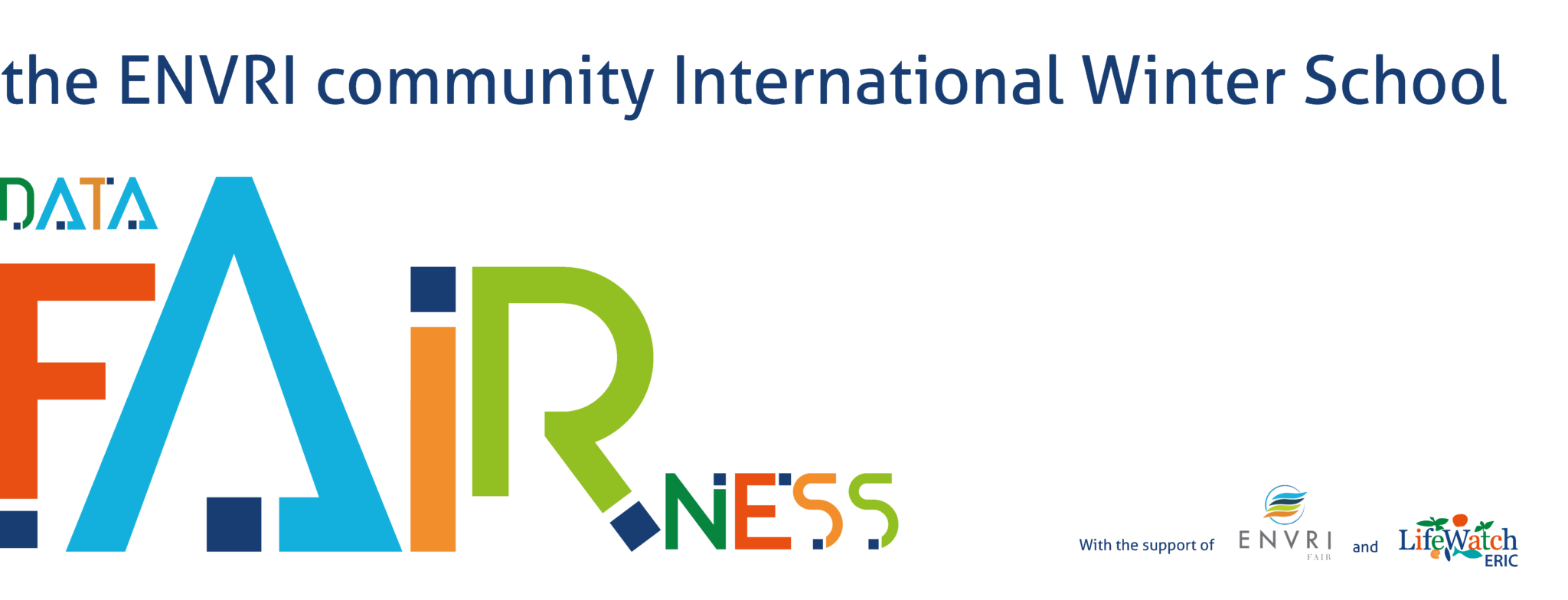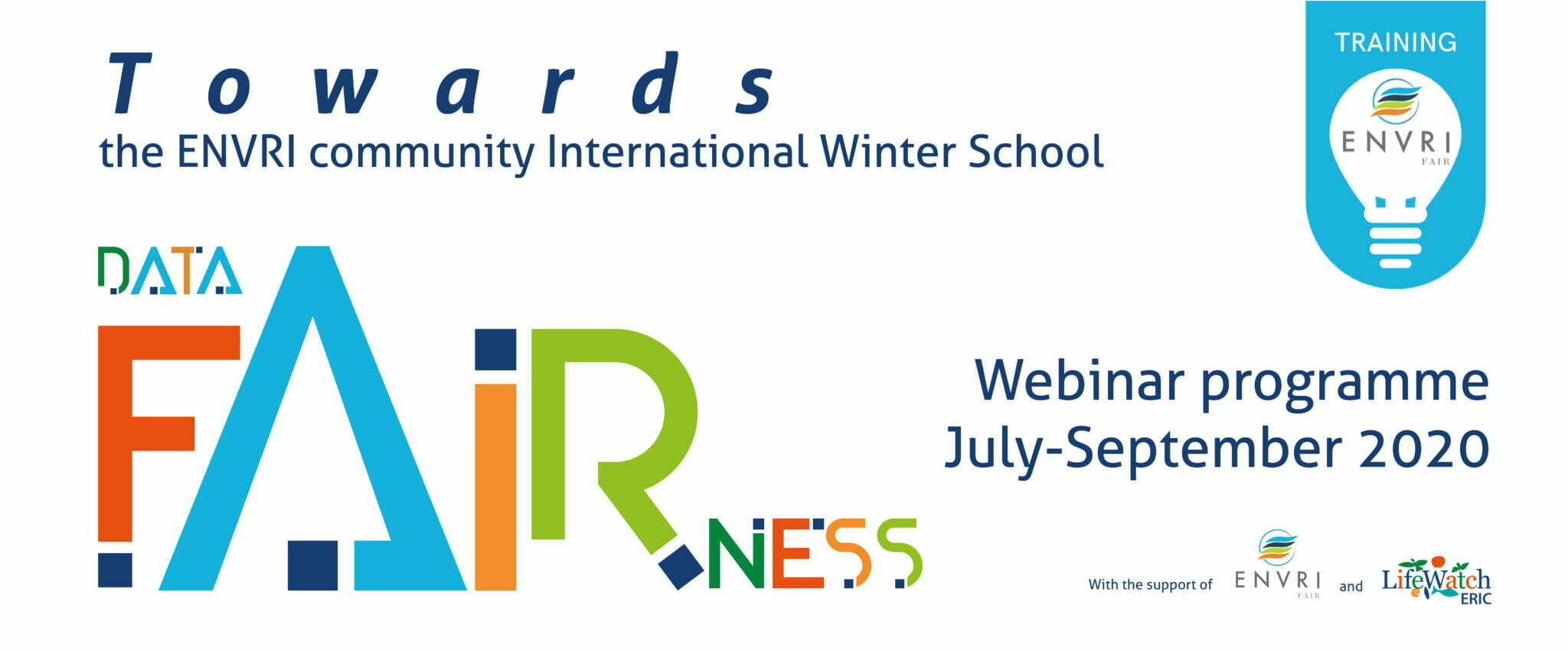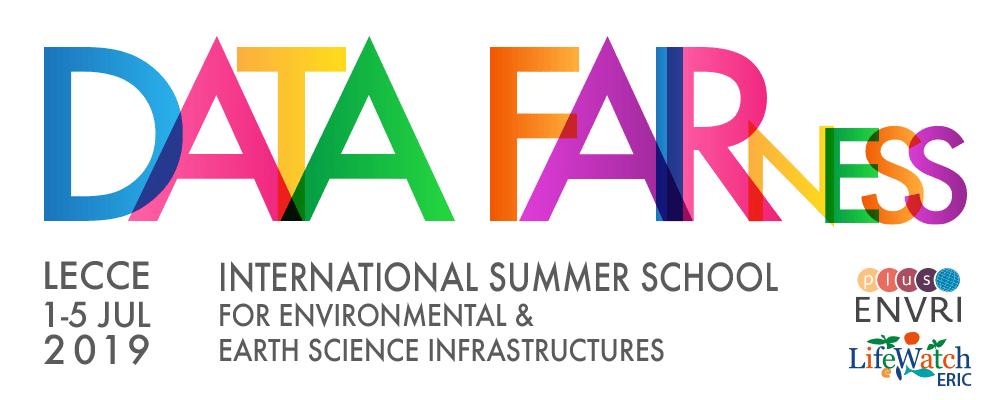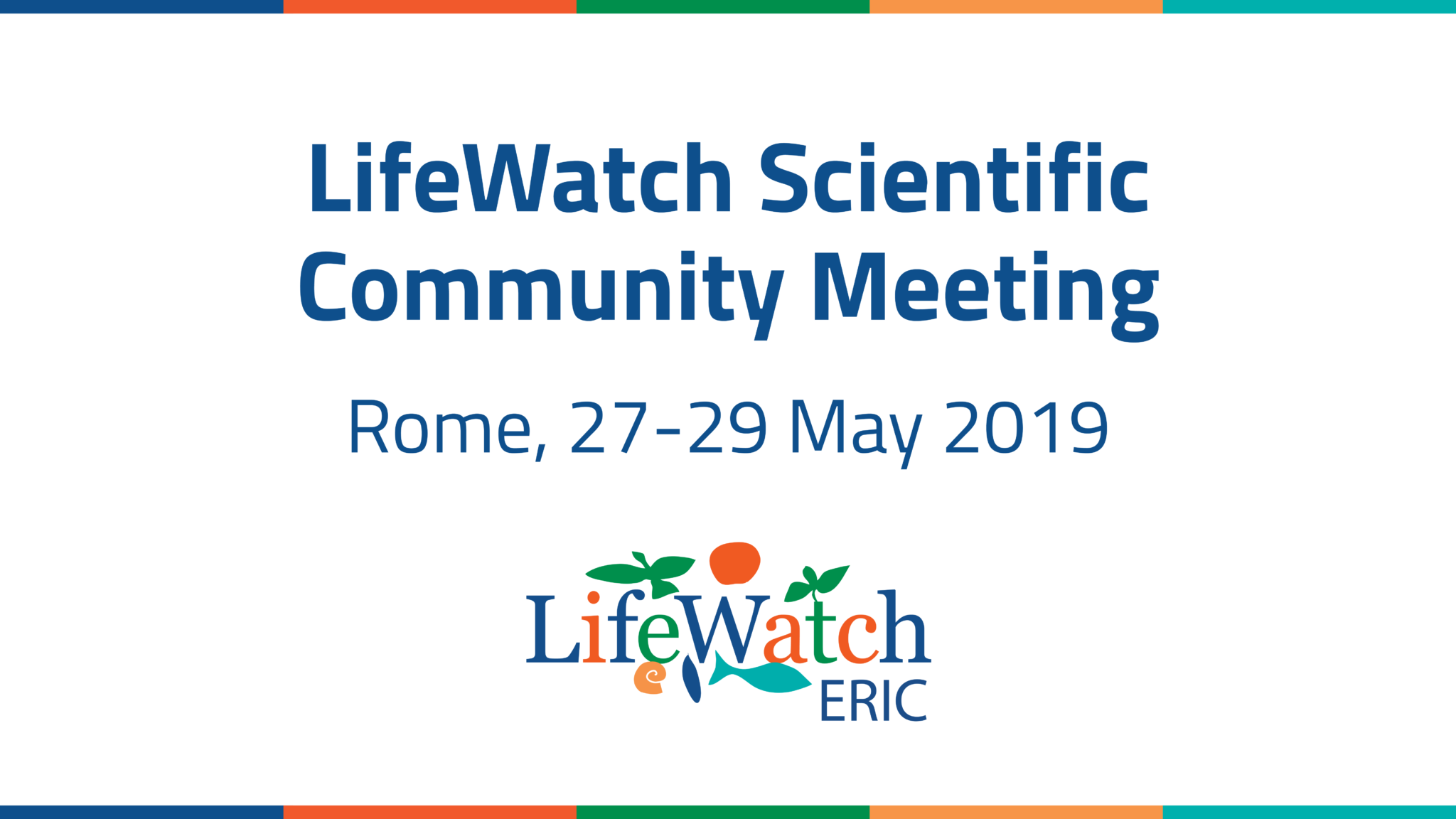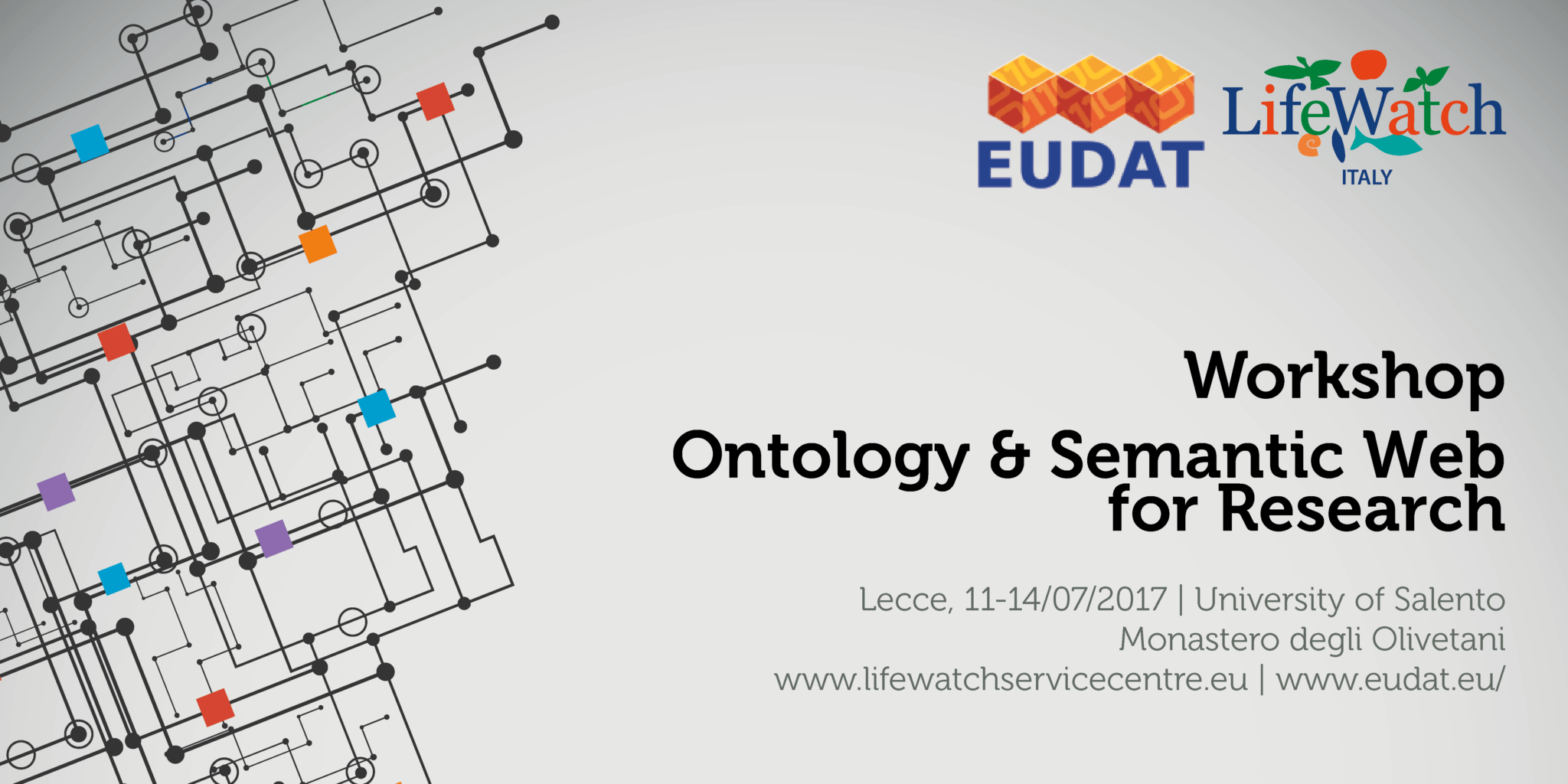Rationale for the Internal Joint Initiative
The warnings of 15,000 scientists, of the United Nations Paris Climate Change Conference (COP21) and now of the UN Global Assessment Study clearly demonstrate that humanity is bringing our life support system, the biosphere, to the point of collapse. The effort to counteract this current loss of biodiversity requires concrete actions at all levels. For science, it means improving our current level of knowledge, to move beyond the present fragmentation of science, and to foster greater complementarity and synergy between disciplines, by developing new inter-disciplinary paradigms and starting to build synthetic knowledge, so as to boost innovation and involve more young scientists and civil society.
LifeWatch ERIC is Europe’s first line of response to this emergency, applying and advancing ICT technologies, web networks, interconnecting scientific communities and research centres internationally into its web-based research infrastructure.
Objectives
The Internal Joint and Collaborative Initiative (IJI) was created in order to:
- Boost the integration of tools and services into the LifeWatch ERIC web portal
- Focus on a major scientific issue in biodiversity and ecosystem research with relevant socio-economic implications in different fields;
- Produce new and synthetic knowledge that is needed by institutions, administrations and managers to give solutions to major environmental problems at different scales;
- Involve the LifeWatch ERIC National scientific communities, key international research groups and other European research Infrastructures with related interests and running activities; and,
- Make this effort an example of the functioning of the LifeWatch ERIC e-Infrastructure through its dissemination and outreach activities.
The topic of non-indigenous and invasive species (NIS) was chosen as the first demonstration case of the functioning of the LifeWatch ERIC e-Infrastructure. This initiative helps addressing some of the main issues on NIS in the field of ecosystem and habitat type vulnerability and in the context of climate change as well as help highlight societal needs and potential solutions to be tested.
